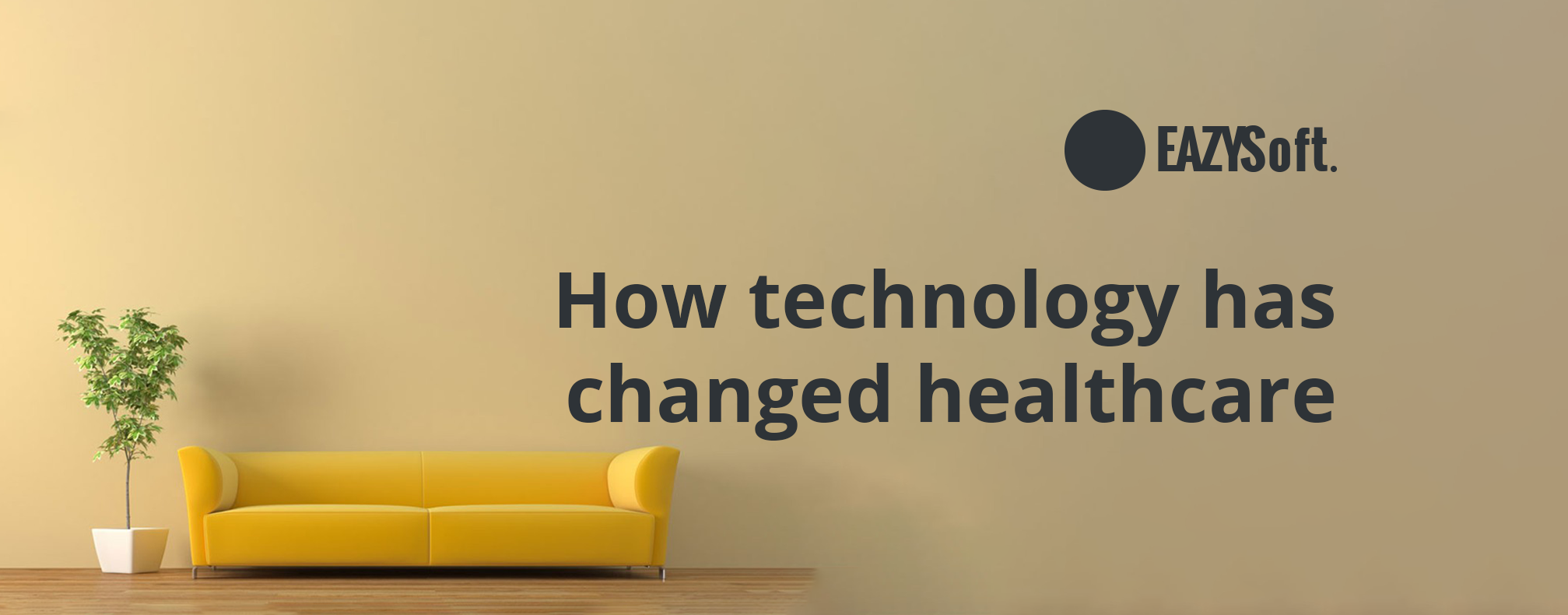
How technology has changed healthcare
Technology is considered to be the driving force behind improvements in healthcare and, when you look at the rate of change and recent innovations, many find it hard not to agree with that observation.Technology is impacting many aspects of our lives as breakthroughs in data collection, research and treatments allow medical providers to use new tools and find fresh and innovative ways to practice medicine into the future.
It is not only just in treatment and diagnosis that technology has been improving. There are some technologies that are helping diagnose illnesses faster which lead to better treatments. In addition, technology is also helping to lower healthcare costs in many areas.
5 ways in which technology has advanced in healthcare and improved our health on daily basis
Smart Phones Or A Mobile Clinic?
Smart phones cannot be left out in this technological future. Tech companies have turned mobile phones into a medical device by developing such apps that could eventually make healthcare easier to track and control for an individual. For example: healthy food apps can guide you to healthy and nutritious food; dietary plan apps help you to plan your diet according to your personal diet restrictions; meditation apps to reduce your stress; fitness apps; and many more.
Improvement through these apps doesn’t just result in better physical health. Technology is also a source of connections and relationships which result in better mental health as well.
Improved Care and Efficiency
Another key area that has grown and continues to do so is patient care. The use of information technology has made patient care safer and more reliable in most applications.The fact that nurses and doctors who are working on the frontline are now routinely using hand-held computers to record important real-time patient data and then sharing it instantly within their updated medical history is an excellent illustration of the benefits of health IT.
Being able to accumulate lab results, records of vital signs and other critical patient data into one centralized area has transformed the level of care and efficiency a patient can expect to receive when they enter the healthcare system.
An increased level of efficiency in data collection means that a vast online resource of patient history is available to scientists, who are finding new ways to study trends and make medical breakthroughs at a faster rate.
More Ability To Research For Individuals
With so many medical websites available, it allows people to research about their medical problems. Internet has facilitated patients to look up for their symptoms, study basic information about their illness, possible treatments, natural remedies, and medicines on the web. This does not mean to skip out on the doctor entirely but it certainly gives more power to patients to decide either to visit a doctor or not; and their condition requires immediate attention or not.
Wearable Technology
The most obvious way technology has advanced healthcare is by health trackers and wearables. These devices are very useful nowadays as they help you to know more about your condition/fitness, help you track them and recommend you better ways appropriate for your condition. For example: wristband and watches to monitor your heart rate; blood pressure, sleeping patterns, activities, fitness level, etc. Also, these devices support users to take an active part in maintaining their own health.
Telemedicine/telehealth
Thanks to telemedicine, more doctors are able to examine patients to get critical information about their condition and determine what exact kind of medical issues they are facing. Doctors across the state or country can treat patients through telemedicine, which is especially great for people who have rare diseases that not many doctors have expertise in treating. A specialist can sometimes make a diagnosis that a regular physician is unfamiliar with. Telemedicine also makes it easier for patients who want to get a second opinion to get more information about the kinds of ailments they could potentially be facing.
These are just a few of the way that technology is improving the delivery of medical care. From diagnoses to treatment to predicting possible contagious outbreaks throughout the world, technology has provided significant benefits to the healthcare industry. As improvements in medical technology continue, it is possible to see costs drop even further and quicker response to illness.
